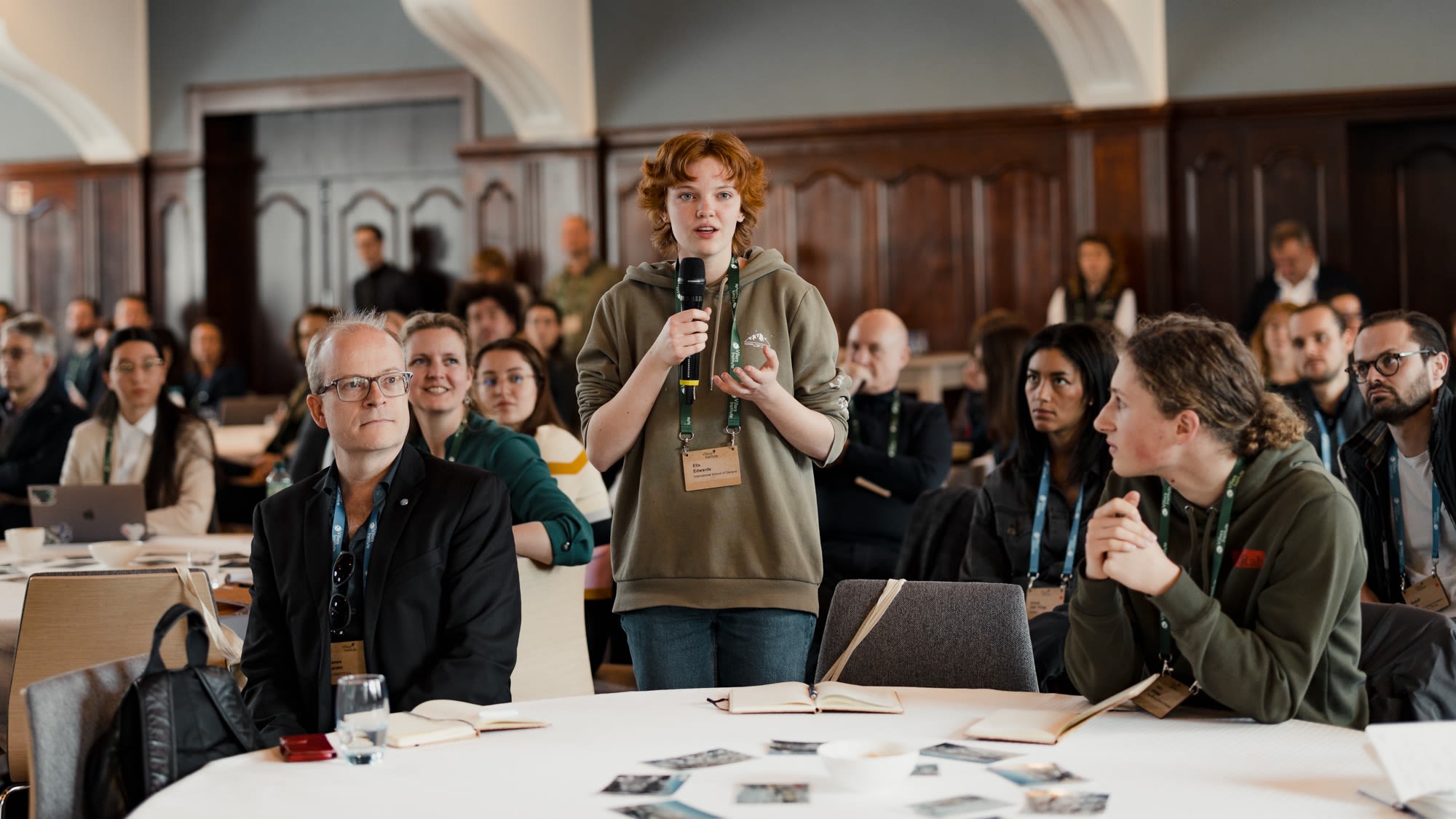Biodiversity loss, climate change and the energy transition are not only interdependent but also intergenerational challenges. Their systemic nature is also why the Villars Institute and Minerva Project have developed a course on Systems Leadership for both young and adult learners. The course highlights the importance of practical approaches to complex problems, and is delivered by a deep learning platform (Forum™). A class might begin with a Socratic discussion about a key concept, such as the difference between a complicated versus complex system. It would then flow into a simulation exercise in smaller groups to explore how the difference between the two systems can yield vastly different behaviors and outcomes.
Applying systems thinking
The first module, Applying Systems Thinking, sets the foundations for a broader program, whose wider goal is to develop future Systems Leaders to accelerate positive change in their communities. Students start by exploring how systems thinking is fundamental to making sense of our interconnected complex world. From there on, the learning journey continues by examining how the behaviors of complex systems such as emergence, when the collective behavior of the whole system is different from that of its parts (e.g., birds flocking) or nonlinearity, when small changes in a system can produce large or unforeseen effects, but a major shock may not lead to drastic changes in a system's behavior (e.g., climate change).
Solving a “wicked” problem
The second eight-hour module is called Finding the Right Problem. According to leadership experts, problems fall into two different categories and the key to systems change is knowing the difference early on. Most problems are “technical” because they are easy to identify, the solutions are known, and they can be fixed with the right expertise and right resources. However, some challenges are “adaptive” because they require new skills, knowledge, or behaviors to solve them. This module focuses on how to identify a complex adaptive problem. Efforts to accelerate systemic change often fail because leaders try to apply a technical solution to an adaptive problem. Therefore, the focus is on solving complex problems using a structured process of analysis, ideation, decision making, and implementation. Students explore how to apply the different components to a “wicked problem” scenario. The goal is to spot the interconnected elements and find synergistic solutions that address as many of them as possible.
Collaborating for systems change
Systems don’t change unless the people in them do, collectively. Systems leaders often have little or no control over the stakeholders responsible for, or affected by, a particular system. The third and last module focuses on identifying factors that drive individual and group behavior, such as habits and cognitive biases. Students consider how to apply this knowledge in practice, to inspire and bring together the right stakeholders to achieve the common goal. Learners discover why intelligence – be it relational or emotional – is key to connecting and bringing people and groups together to address large-scale adaptive problems, and practice the skills needed for persuasive communication and effective collaboration, to build fluency and competency in these areas.
Developing systems leaders
Each of the three modules is designed independently with a certificate from both organizations upon its completion. Completion of the full course (three modules) enables students to:
● Apply frameworks and toolkits from systems thinking, adaptive problem solving, and purpose-driven systems leadership to understand effective systems change and leadership.
● Utilize complex problem-solving approaches and decision-making frameworks to overcome biases, make effective decisions, and address systemic challenges.
● Identify ways to leverage the psychological, emotional and situational factors that may drive behaviors or behavioral change to lead systemic change.
Measuring impact
While most course evaluations focus on learner satisfaction, the Villars Institute and Minerva Project take a more holistic assessment approach. Impact happens when people leverage their learning to take action in the world. Our assessments examine the behaviours learners do with their education and measure the extent to which the course equips learners with skills, empowers them to drive change, and connects them to a like-minded community. Solving complex problems requires future leaders to commit to adopting systems thinking, and transdisciplinary and intergenerational collaboration, never losing sight of the bigger picture when attempting to resolve complex problems they are facing. We hope that our Systems Leadership program will instill systems thinking in learners who wish to make a true impact in our world, with the knowledge and tools required to face tomorrow’s challenges – whatever they may be.



